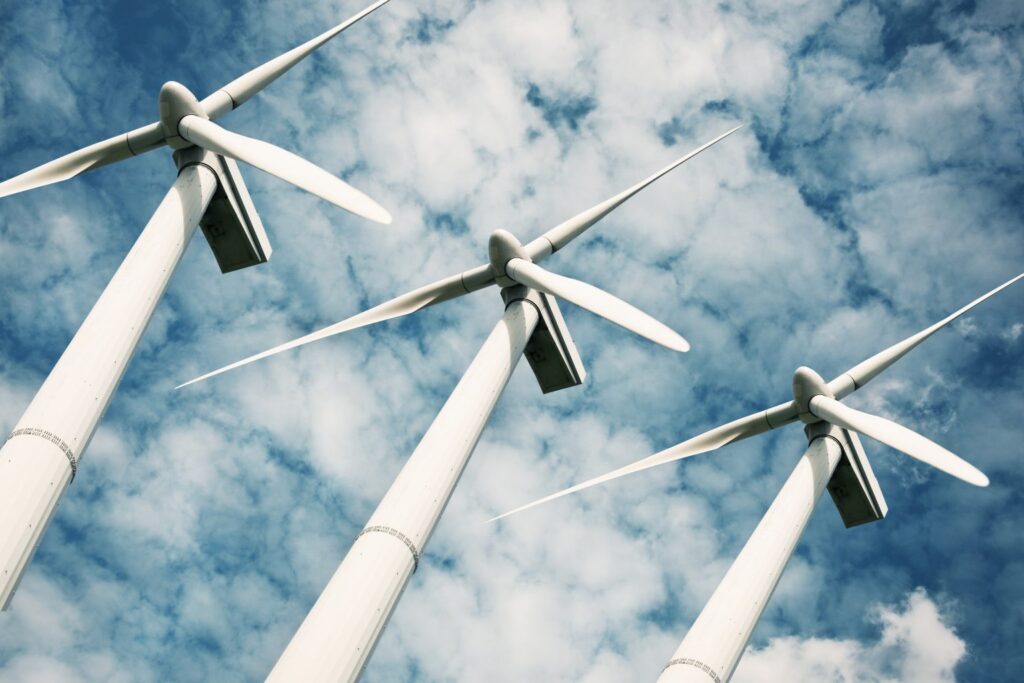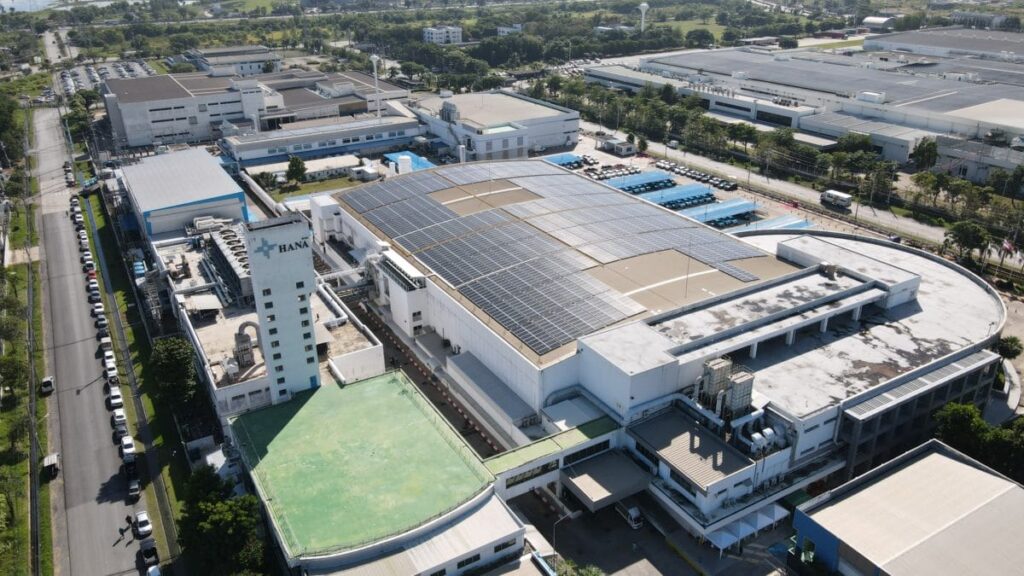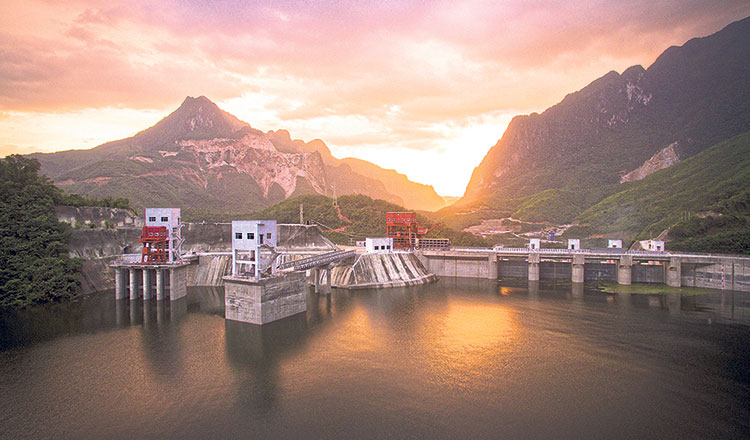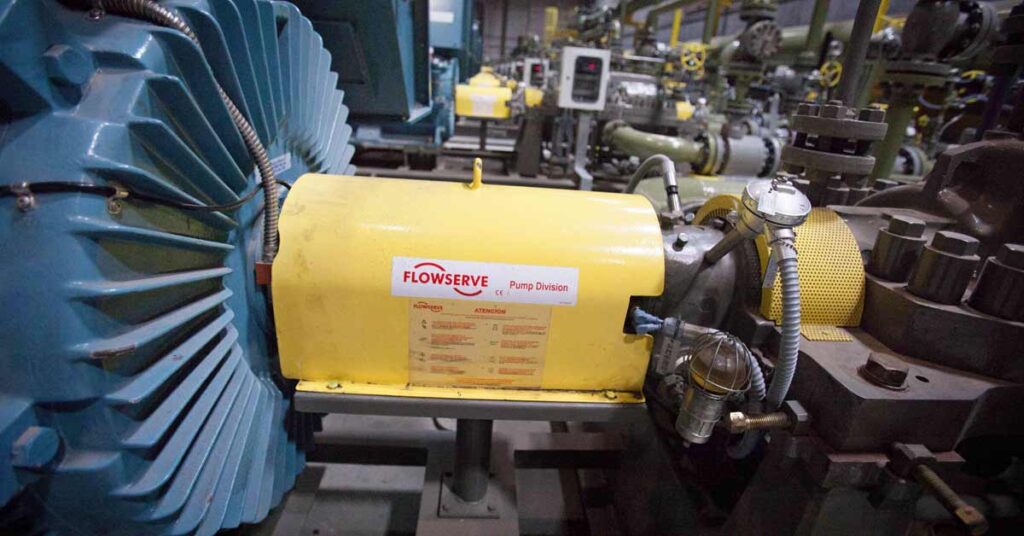Asia’s renewable energy future

Minghui Zhang, Head of Section and Benoit Nguyen, Head of Department at DNV, describe Asia’s renewable energy future. Asia has experienced some of the worst impacts of COVID-19 which have caused major disruptions in the energy sector. Despite the work that remains to contain the pandemic, most Asian countries have embraced the challenge to change […]
Japan proposes $10 bil in finance for ASEAN renewables, LNG to aid energy transition
Japan has offered ASEAN energy ministers $10 billion in public finance for renewables and LNG projects, as part of a package of measures aimed at helping the group of 10 Southeastern Asian economies accelerate their moves toward energy transition.
Carbon neutrality and solar’s role in ASEAN nations

The Paris Agreement has been signed by all ASEAN nations and almost all members have declared a carbon emissions reduction target. The diversity in ASEAN’s readiness for energy transition is reflected in the wide-ranging nationally determined contribution targets set for reducing greenhouse gases. An immediate quick win for the renewable energy transition is the harnessing […]
Water to Light: EDL-Gen in power move to lead ASEAN, especially Cambodia in clean energy exporting with IPP

Renewable energy is growing in importance and popularity, EDL-Generation Public Company (EDL-Gen), with over 50 years’ experience working in clean power supply in Lao People’s Democratic Republic (Lao PDR) with state-owned Électricité du Laos, before its separation and subsequent incorporation in 2010, is striding to boost its capital fund from independent power producers (IPP) offshore […]
Brunei hosts regional virtual meeting
As the 2021 ASEAN Chair, Brunei Darussalam is hosting the 39th Senior Officials Meeting on Energy (SOME) and its associated meetings at the International Convention Centre, which began yesterday via virtual platform and will run until Thursday.
ASEAN To Push Utilisation Of Storage Technologies

ASEAN Member States (AMS) need to step up their game on energy storage development. As the 6th ASEAN Energy Outlook foretells, ASEAN’s Total Final Energy Consumption (TFEC) projects to increase by 38 percent by 2025 and 146 percent by 2040, from 375 Mtoe in 2017 to 922 million or mega tonnes of oil equivalent (Mtoe) […]
New programme to green Asia’s electricity sector

An investor group in the region, which includes Singapore’s sovereign wealth fund GIC, has set its sights on greening Asia’s electricity sector, among the world’s most pollutive.
Japan seeks ‘realistic’ energy transition with ASEAN with cleaner fuels
The cooperation framework will be agreed during an extraordinary meeting between Japan’s Ministry of Economy, Trade and Industry and ASEAN’s energy ministers, a METI source told S&P Global Platts.











